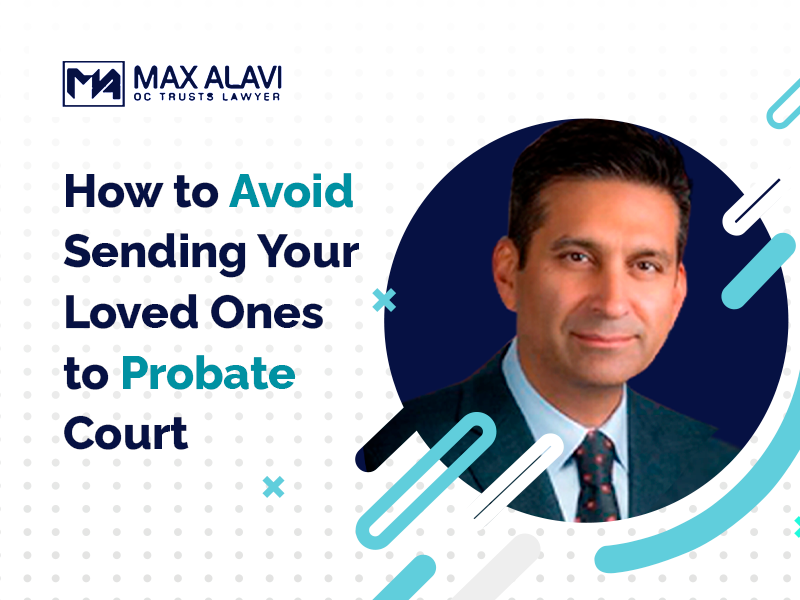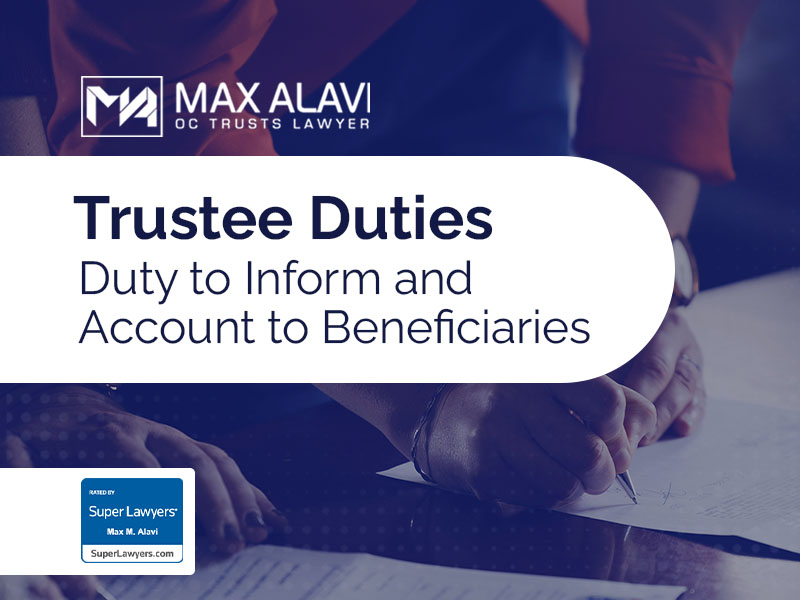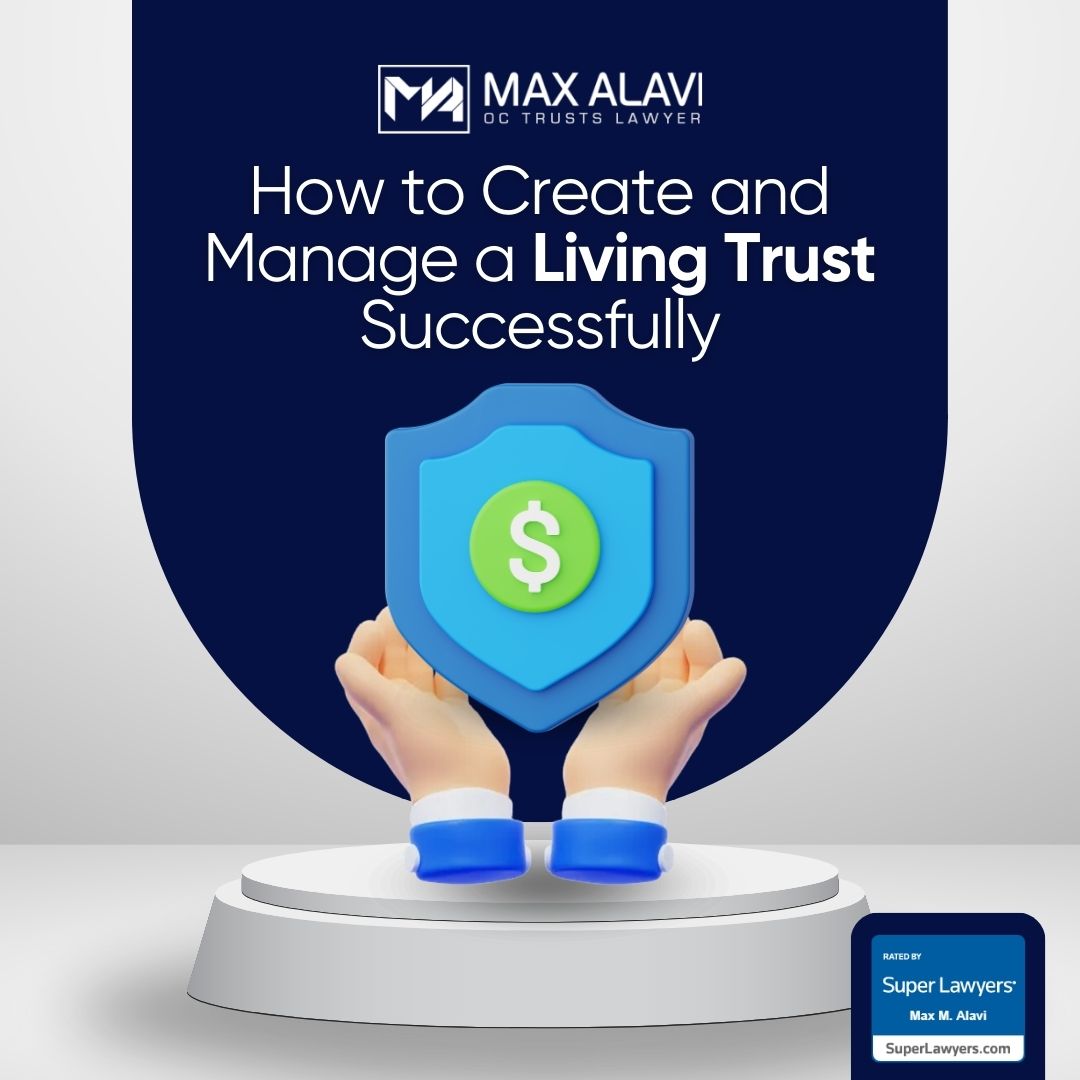Funding your trust is one of the single best things you can do to spare your beneficiaries from the probate court. Find out more about what it means to fund a trust, which items to include, and which items to leave out. Seek insight from Max Alavi APC, OC Trusts Lawyer.
How to Avoid Sending Your Loved Ones to Probate Court
Without a careful, well-considered estate planning strategy, many individuals inadvertently propel their loved ones straight into the court system, forcing them to undergo probate before claiming their inherited assets. Given probate’s reputation for being expensive and time-consuming, this is something to try to avoid.
One mistake that always leads to probate is having an underfunded trust. In this post, we’ll clarify what it means to fully fund a trust and which assets should (and shouldn’t) be included in the living trust.
What Does it Mean to Fund Your Trust?
Funding your trust can be defined as transferring assets from your name to the name of the trust. Beneficiary designations may also be changed to the trust.
There are three basic ways to fund your trust:
- Change the title of an asset from your individual name to the name of the trust.
- Assign your interest in an asset that doesn’t have a title (say, a piece of jewelry) to the trust.
- Change the primary beneficiary of an asset to your trust (this is especially common with things like annuities and life insurance policies).
We recommend compiling a list of your assets, values, and locations. Start by funding the most valuable item on the list, then work your way down. Contact your estate planning attorney with any questions.
What Happens to Assets Omitted from Your Trust?
Simply put, if you leave assets out of your trust, you’re all but guaranteed to send your beneficiaries to the probate court, which can be a long, complicated, expensive, and aggravating process. This can happen even if you have a will, so make funding your trust a top priority.
Which Assets Should You Include in Your Trust?
There are certain types of assets that you’ll more or less always want to include in your trust. Here are the assets to fund:
- Real estate
- Bank and credit union accounts
- Safe deposit boxes
- Investment accounts
- Notes payable to you
- Life insurance
- Business interests
- Intellectual property
- Oil and gas interests
- Personal items of great value – think artwork, jewelry, collectibles, antiques
With that said, there are also certain assets you don’t want to fund to your trust. These include:
- IRAs and other tax-deferred retirement accounts
- Incentive stock options
- Foreign assets
- Cars, trucks, motorcycles, boats, motorized scooters, and other types of vehicles
What are the Benefits of Funding Your Trust?
There are several advantages to fully funding your trust. These include:
- Your trustee can access your assets without needing a court order.
- Your wishes (and the contents of your estate) can remain confidential.
- Your beneficiaries will not experience the costs and frustrations associated with probate.
With any additional questions about funding a trust, make sure you reach out to a skilled and experienced attorney in your community. Schedule a consultation with Max Alavi APC, OC Trusts Lawyer, today.






